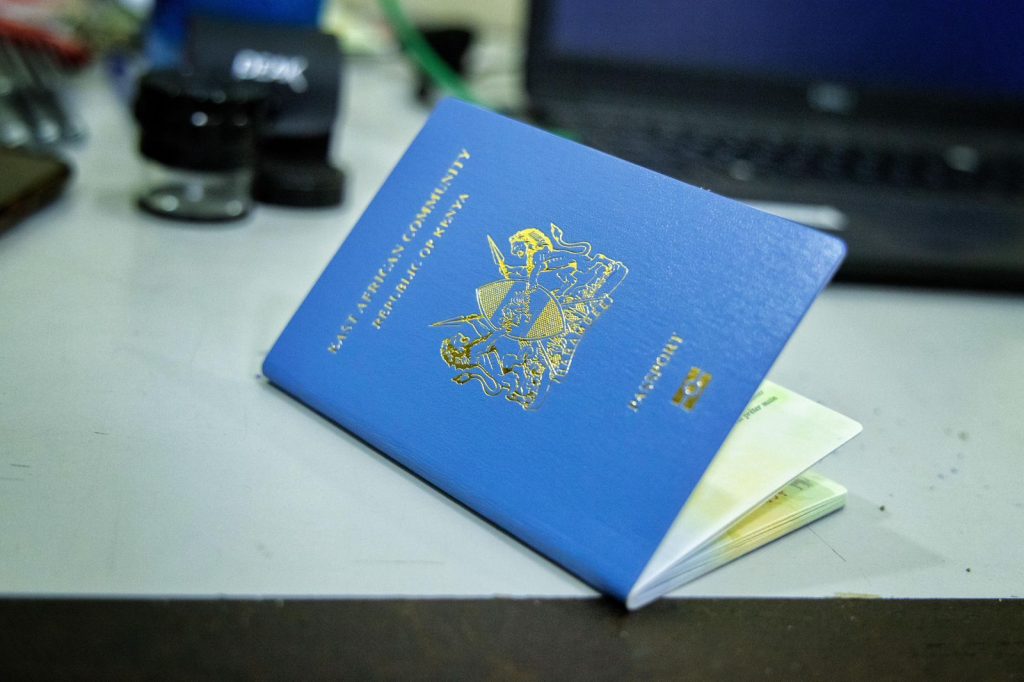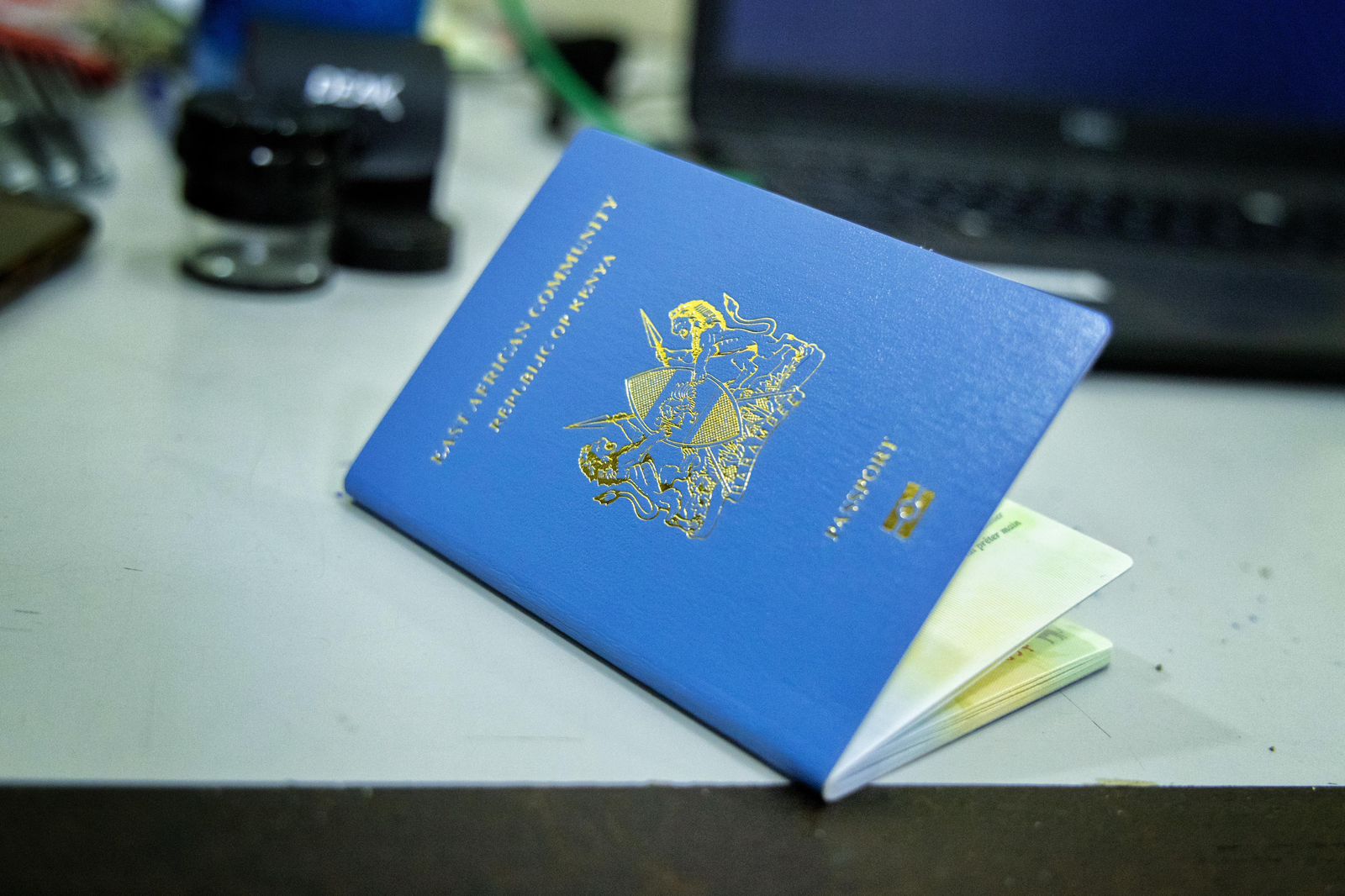In a dramatic escalation of a power struggle involving classified tech and State House insiders, high-tech merchant Mary Wachuka has suffered a shocking blow: her passport has been formally cancelled by Kenya’s immigration authorities, according to her claims today.
Wachuka, known as a primary supplier of sophisticated spyware and surveillance software to high-ranking government operatives, says she received clearance to travel abroad—but found herself barred from doing so when officials informed her passport status had been unlawfully revoked.
From Boardrooms to Border Authority.
Sources close to Wachuka reveal she has been in an intensifying legal/political confrontation with State House operatives and their affiliates. Allegations include pressure to hand over backdoor access to her proprietary systems and demands for cooperation in covert data collection programs.
Her refusal reportedly rocked powerful circles, and may have triggered punitive reprisals.According to Wachuka, who has filed formal complaints, the Immigration Department’s system now flags her passport as “cancelled”—a move she insists was executed without notification or due legal process.

State House Politics in the Shadows.
The incident throws into stark relief the murky world of surveillance technology dealings in Kenya’s corridors of power. Wachuka alleges indirect involvement by State House figures who viewed her software as strategic assets.
When she resisted allegedly intrusive control, several government sources say her status became politically inconvenient.Analysts note that losing legal travel ability effectively silences her access to international forums, limits business expansion, and exposes her to isolation—delivering a strategic blow in the ongoing dispute.
Legal Firestorm BrewingWachuka’s legal counsel branded the cancellation “arbitrary,” signalling intent to challenge the revocation in court.
They argue the move violates constitutional protections, including freedom of movement and the right not to be subjected to summary administrative punishment without cause.
Constitutionally, passport cancellation requires clear legal grounds and opportunity for appeal—criteria Wachuka’s team says were ignored.
Why It Matters.
The revocation strikes at the heart of global human rights norms: travel bans without due process.It raises urgent questions about the extent of executive overreach and political vendettas.
Kenya’s tech industry faces uncertainty: suppliers may think twice when national security interests mix with partisan politics.
What Happens Next.
Observers—and international technology firms that operate in Kenya—watched keenly as Wachuka’s legal challenge unfolds. A successful court challenge could reinforce judicial oversight over executive decisions tied to national security.
If upheld, this incident might signal growing collisions between commercial tech entrepreneurship and opaque political power plays—casting doubts on due process in politically sensitive sectors.
As of today, Wachuka remains grounds for continued disclosure and legal pursuit. Her next move—and the state’s response—will test Kenya’s constitutional commitments around individual rights, transparency, and checks on executive interference.













Leave a Reply